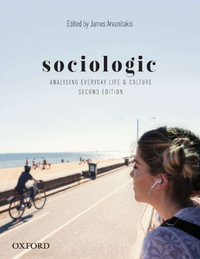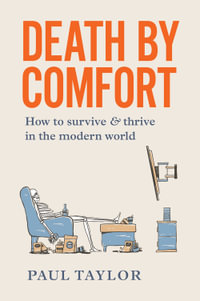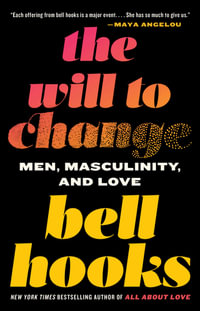Changes currently occuring in the world of work are large-scale, affecting what people do everyday and altering relations among ourselves and with the physical world. There is a shift in the nature of industrial work, from a materiality of labour and product, and specialization of function, to forms of production that are discursive, or symbolic, and highly integrated. Among the far reaching implications of a postindustrial condition is a dissolution of traditional and modern bonds of social solidarity and a metamorphosis of the character of the modern self. Work, Self and Society examines the relationships between the institutional practices of work under postindustrial conditions and the formation of the self. Drawing on data from field work in a multi-national corporation, the book critically analyses organzationa and cultural practices in contemporary corporate work. The author interprets the deliberate construction of "designer cultures" as a response to the broad crisis in industrial production, work and culture. The book also develops a critical social psychology of corporate work.
It analyses the production of "designer employees" and other effects of contempora corporate culture, and describes and analyses self-strategies effected by the discursive practices of corporate work. The author argues that a "post-occupational" condition, and event precipitated and facilitated by new technologies and organizational change, is emerging in corporate organizations. "Post-occupational" work has significant implications for self-identity and social cohesion within the work-place, and more broadly, in society. The relationships between the institutional processes of the new work in postindustrial corporate culture, and changes in social organization and self formation have not yet been described. Work, Self and Society: After Industrialism offers original analyses of these relationships, and proposes some important new categories by which to interpret the work, self society relation.
Industry Reviews
"Casey does a good job of reviewing the dramatic changes that have occurred in the workplace and their effect on management practices and workers' identities, as well as on the sources for social cohesion. This book demonstrates excellence in integrating social structure and individual biography. Its in-depth ethnography of how workers and managers deal with rapid changes in technology and work organization is valuable for posing questions and examining corporate culture. Casey is particularily thorough in her exploration of the production of self within a corporate environment and the coping strategies of workers whose past practices and traditions have been systematically undermined.."
-"Choice
"How are work, self, and society connected in a postindustrial era? Casey tackles these issues and others in a case study of a high-tech US multinational corporation.... this study treats some very important questions.."
-"Choice
























